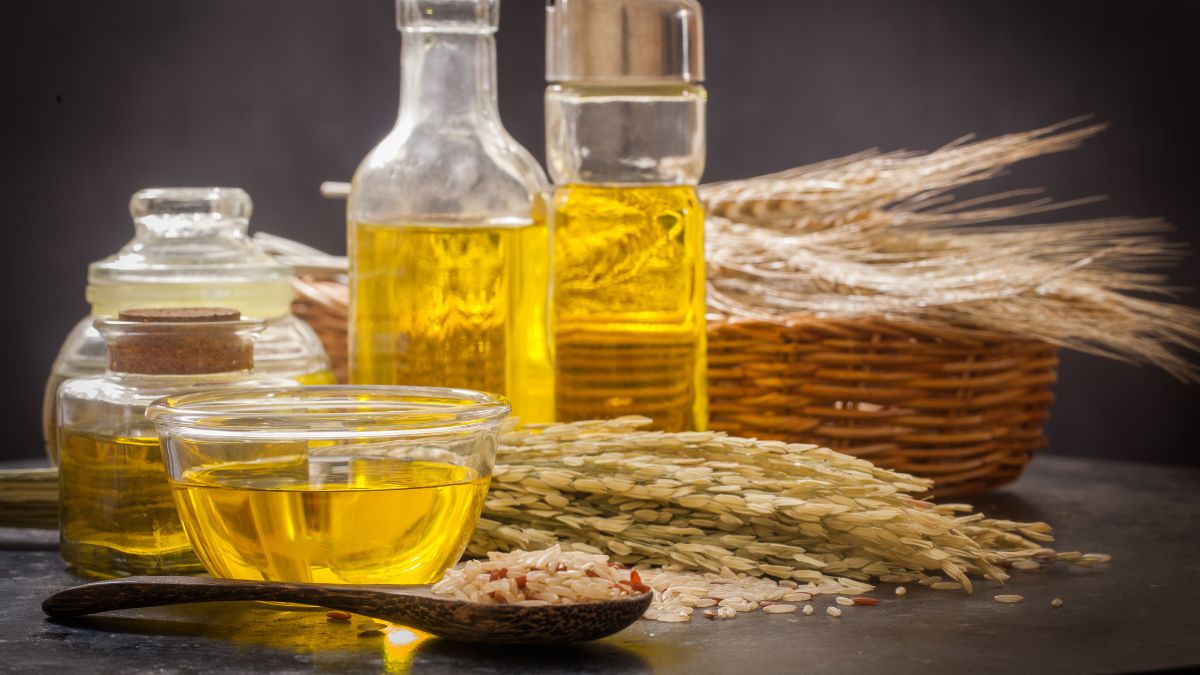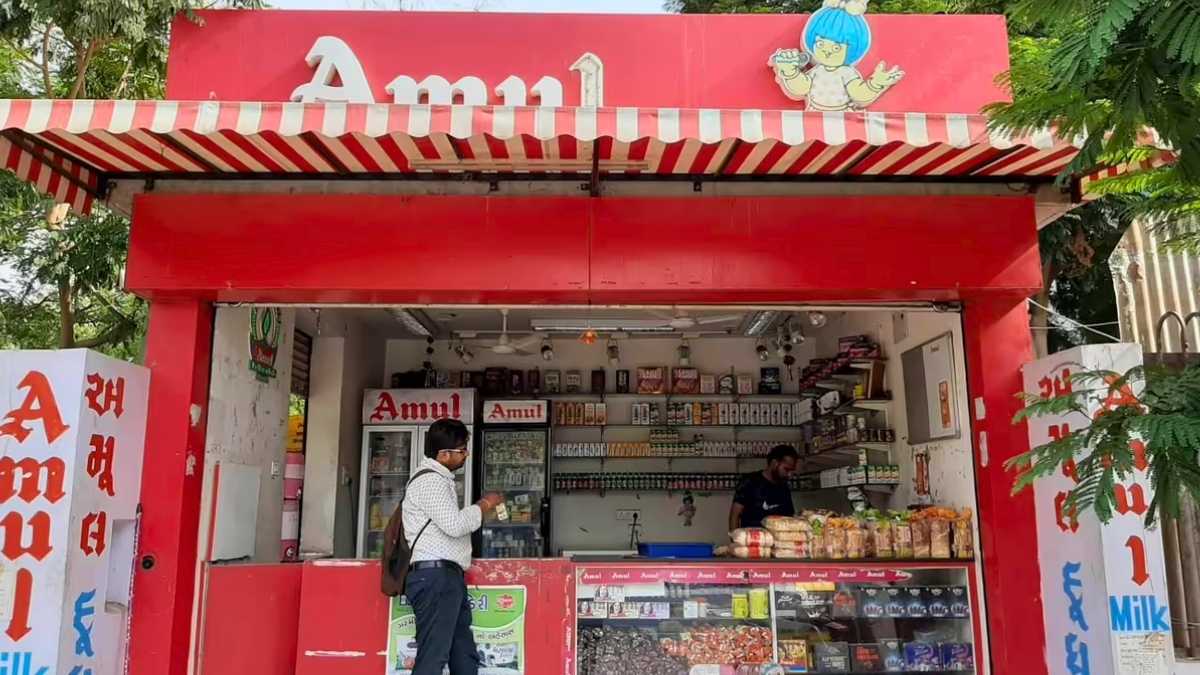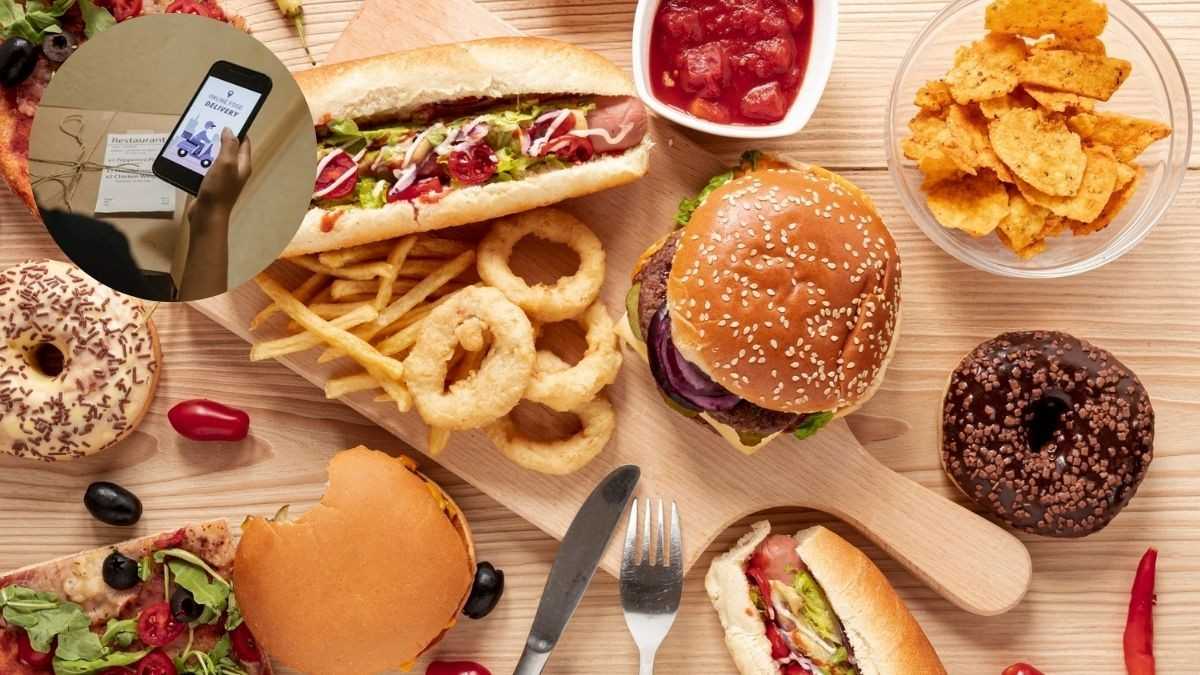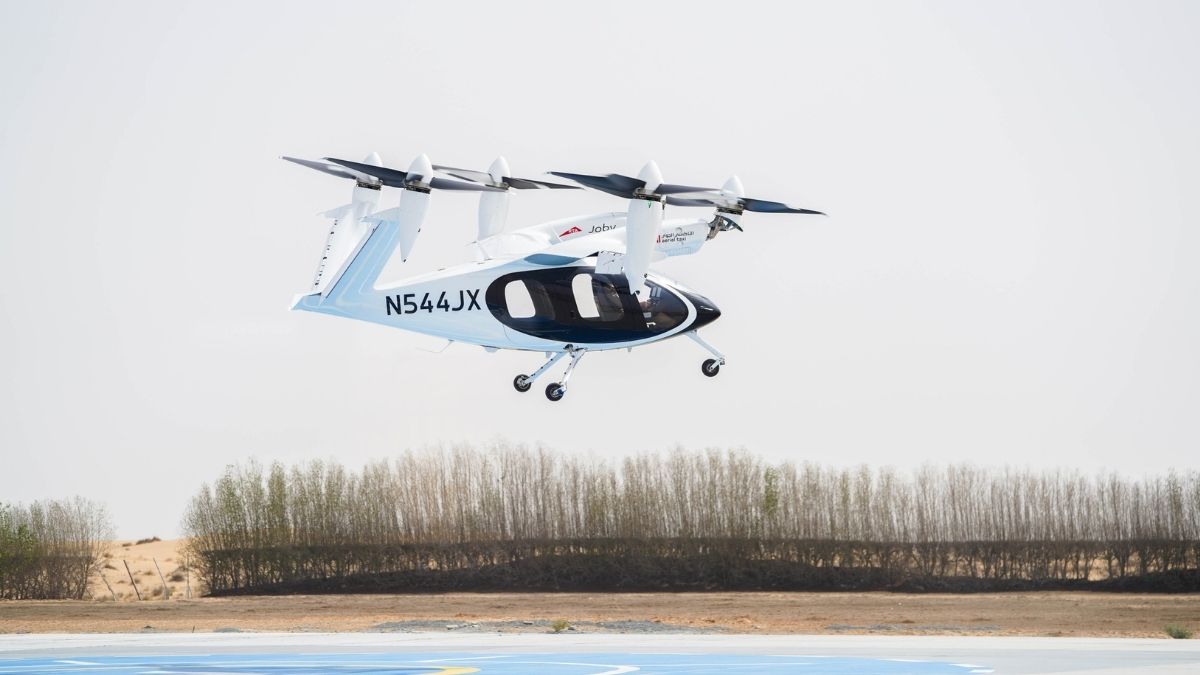De-oiled rice bran, also known as DORB, is obtained when crude oil is extracted from rice bran. Most importantly, it is used in the production of animal nutrition products as it is rich in Vitamin B. Recently, the Indian government has imposed a ban on the export of de-oiled rice bran and here’s why.
India Imposes Ban On De-Oiled Rice Bran!
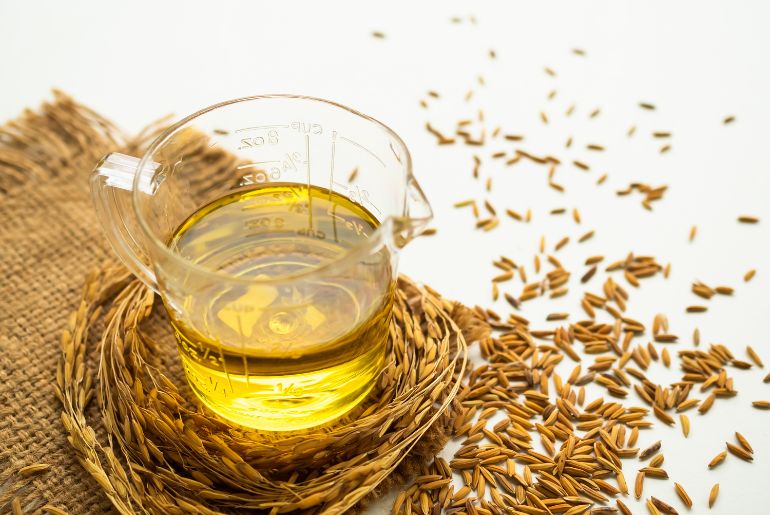
In response to last week’s implementation of white rice export ban, the Central Government has now transferred shipments of de-oiled rice bran (DORB) from the previously ‘free’ category into the ‘prohibited’ category. The decision to limit DORB exports until November 30 was made in response to a sharp rise in the price of local milk and milk products. With over 25 per cent of its utilisation going into cow feed, DORB is a crucial component of fish, poultry, and cattle feed.
Due to a lack of supply, DORB prices have risen significantly in recent weeks from ₹15,000 per tonne to between ₹18,000 and ₹18,500 per tonne. According to government estimates, India generated a record 5.5 million tonnes of DORB in 2022–2023 as opposed to 5 million tonnes the year before. Only 600,000 tonnes (or around 12 per cent) of the total 5.5 million tonnes were shipped.
West Bengal Is The Biggest Producer
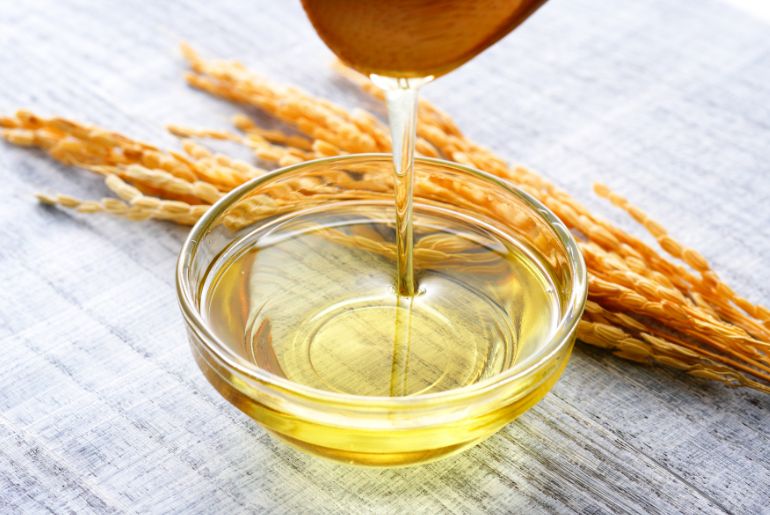
West Bengal is notable for being a major producer of de-oiled rice bran. However, the eastern region of the country lacks a sizable cattle feed industry and market, And thus exports have replaced domestic use as the primary means of dumping DORB.
The government received documentation from the Solvent Extractors’ Association of India (SEA) outlining the difficulties encountered. This included the high local freight charges for moving DORB from eastern India to the southern and western regions of the nation.
According to SEA executive director B.V. Mehta, this will cause irreparable harm to the oilseed industry as well as the oilseed farmer. Further, it will also affect the manufacturing of rice bran oil and the rice milling business.
He says that even if the cost of cattle feed drops by 10 per cent, the value of cattle feed may fall by 2.5 per cent. And eventually, the cost of milk will drop by no more than 1 per cent.
Cover Image Courtesy: Canva
First Published: July 29, 2023 11:32 AM
